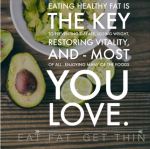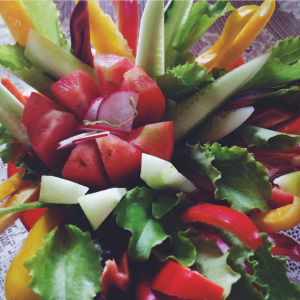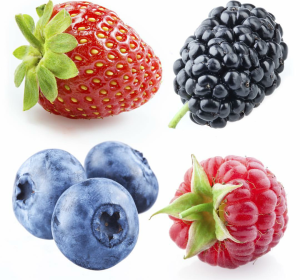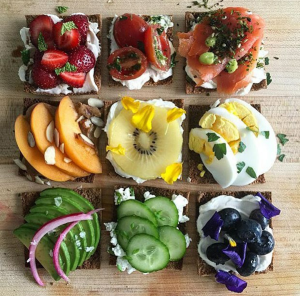It is not a pain in the behind, but a continuous back pain!
I did not realize until I started researching the internet to the causes of back pain, I was having on and off back pain through the years. At first, just mild ones. When I iron clothes, I would get upper back pain, but the pain would go away when I take a rest. Last year I started having this cold sensation on my back, again on and off. I could understand the pain in my lower back if I sit too long watching TV, or sitting in front of the computer researching, reading, scrolling the sites I frequently visit.
The start of this year, the cold sensation on my back started to worsen, and it has become frequent as each day passed by. I found a remedy; and feel better when I put heating pad on my back, and when I wake up in the morning, the back pain and cold sensation on my back are relieved. However, in the middle of the day, I started having back pain and the cold sensation again. It’s started to bother me. I seek a chiropractor’s help and he did an x-ray and found out I have arthritis on my back. I went to have a bone density test, and it was confirmed I have a spinal arthritis. I was saddened but determined to find out the causes of arthritis.
I started researching the net, and was astonished that eating grain can cause back pain! I was taken aback because I have avoided fine grain. I seldom eat bread, or pastries or donuts or cakes, anything sugary, I have successfully avoided. Except of course during Christmas holidays I would splurge a little bit, but not to a point of eating too much of these sweet holiday offerings. I have thrown a lot of uneaten pastries that were in the fridge early this year which was a waste of money. As we say, Christmas holidays without sweet offerings is not the same. It’s just psychological, it’s just in peoples’ minds.
Anyway, to get back to the culprit of grain pain, my memory went back to last year’s diet. I have been eating plant based foods, fruits and vegetables, some meat, chicken, seafood, eating in moderation. And I have continued to do intermittent fasting. However, I had been having whole grain Kashi cereal for breakfast and would add strawberries, blueberries, and raspberries and sometimes bananas with milk. So as to have my daily calcium which I was not able to do supplementation, as I can’t find any good calcium supplements. The calcium regimen got complicated with adding Vitamin D and other minerals for the calcium to do its work with my bones, I found out.
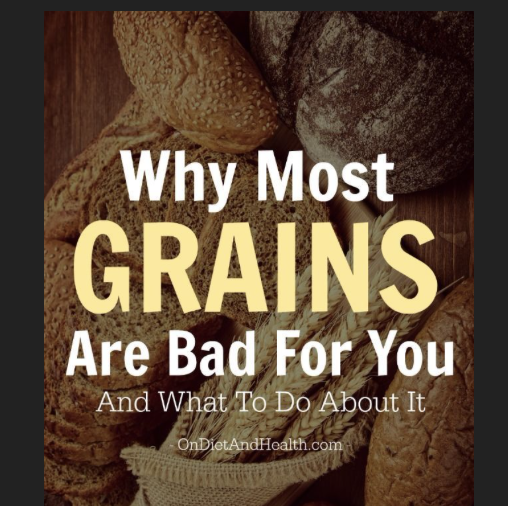
After getting more information in regards to eating grain that causes pain, I thought that it does not apply to whole grain! There’s no way! But sadly it does! Grain is grain, all grain is created equal in torturing my bones! I was devastated. I love eating the best tasting whole grain cereals in Kashi. The thing is I’ve started eating more of it since last year for breakfast to start my day. I had to stop. Grain or pain?
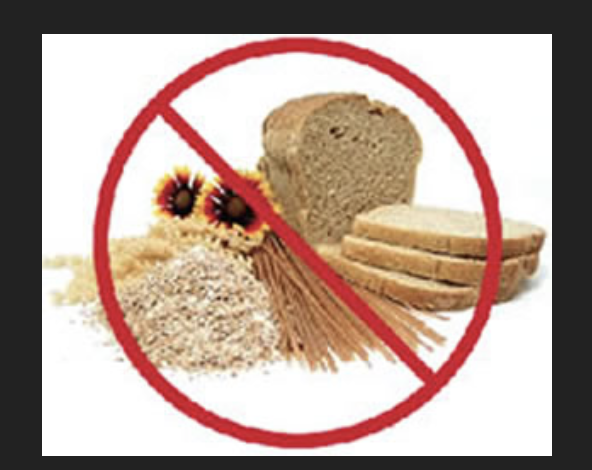
I’ve chosen to be grain free. I am what I eat. Grain can cause acidic environment in my body; and my body becomes inflamed. Inflammation was overruling my entire microbiome community. The harder and dry the grain I eat, the havoc this grain is causing in my digestion, aside from the grain absorbing and grabbing the calcium I barely have. The grain steal the calcium and unfortunately my bones are not able to absorb any calcium. The back pain is a cry for help by my bones and joints. It was an overwhelming discovery that the grain, even whole grain was giving me back pain.
I stopped eating Kashi whole grain. I got back to doing moderate Zumba for weight bearing exercises, starting slow. And I’ve been doing neck and back exercise therapy. For the spinal Arthritis, I bought this supplement for pain relief for joint and muscle support; so far, it seems it’s working. My back pain and that cold sensation on my back are taking a back seat. As to this writing, I can sit and type this post without any back pain this evening and the past two days, I was back pain free!
As to my calcium supplement, I found and bought this bone growth regimen. A Vitamin Code Grow Bone made with Whole Foods, Strontium, Magnesium, K2 MK7, Vitamin D3 & C Plus Probiotics for Gut Health. This is so far the best one I’ve seen to help with my joints and bones.
What a big lesson learned. I’m staying away from grain!
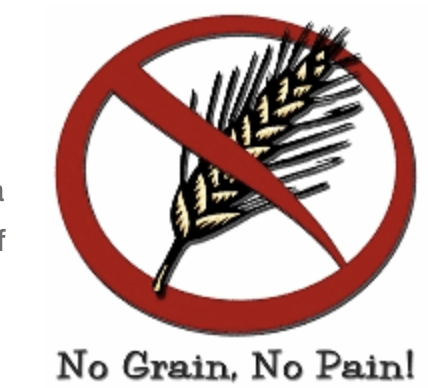
“While different foods may trigger symptoms amongst different individuals, a common thread in most inflammatory conditions is excess intake of grains.
Refined grains in bread, cereals, pasta, pastries, etc. are the most problematic.
There are several mechanisms by which grains induce inflammation in the gut, which can then lead to body-wide inflammatory processes and pain.
Grains are Highly Pro-inflammatory
Once digested, grains reduce the pH of the body causing it to become more acidic and thereby increasing susceptibly to mineral deficiencies, chronic disease and inflammation.
That is why grains make you Osteoporotic.
Your body will leach nearly all the calcium out of your bones in an effort to maintain the correct acid/alkaline balance. Indeed it will almost convert the bones of your hips, spine, knees etc. to mush in an effort to maintain correct pH.
Grains are also high in omega 6 fats which, when eaten in excess as they often are in the standard Western diet, throws out the omega 6:omega 3 fatty acid balance in the body.”
excerpts from: https://www.thespinalcentre.com.au/nutrition/no-pain-no-grain/grains-cause-pain/
“Eating Grains Isn’t Necessary for Optimal Health
Although the government’s daily food recommendations would have us believe exactly the opposite, grains are not a necessary part of the diet in order to achieve and maintain optimal health. In some cases, they can diminish your wellness. It’s much more important to include nutrient dense foods such as meat, vegetables, fruits, and saturated fats in your diet if you want to achieve better health.”
excerpt from: https://www.oursmallhours.com/reasons-to-go-grain-free/

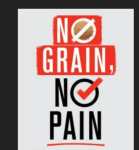


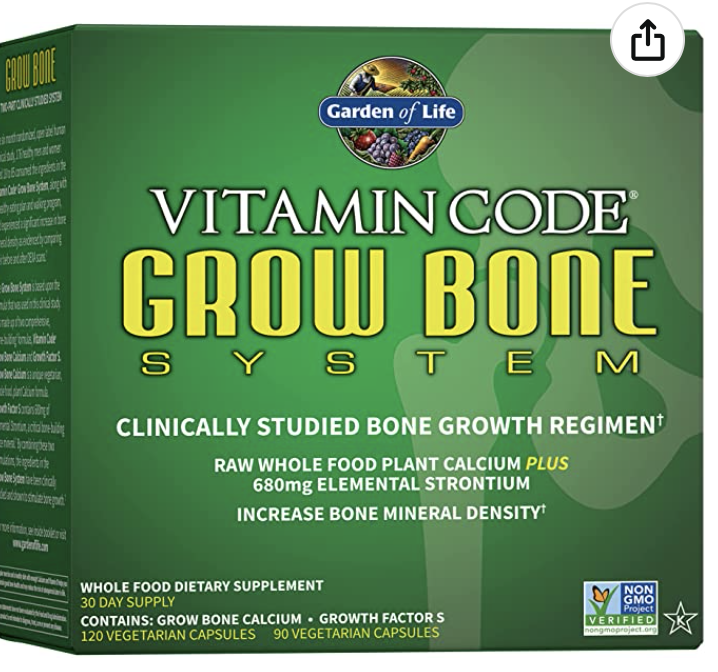















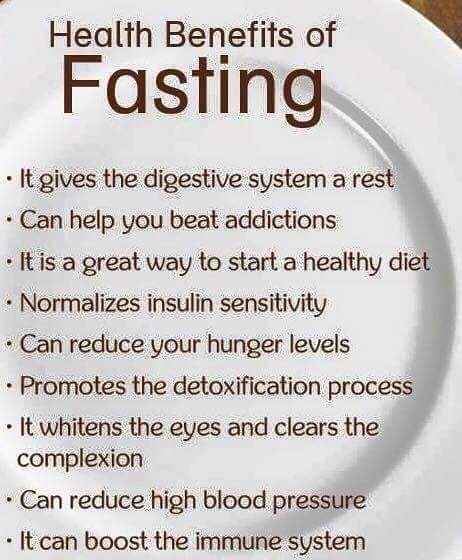



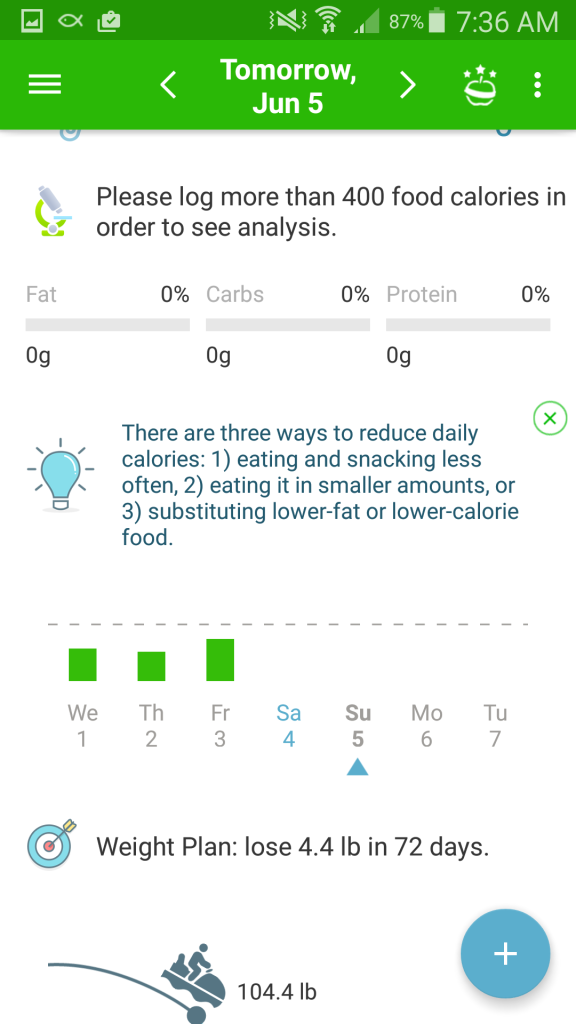
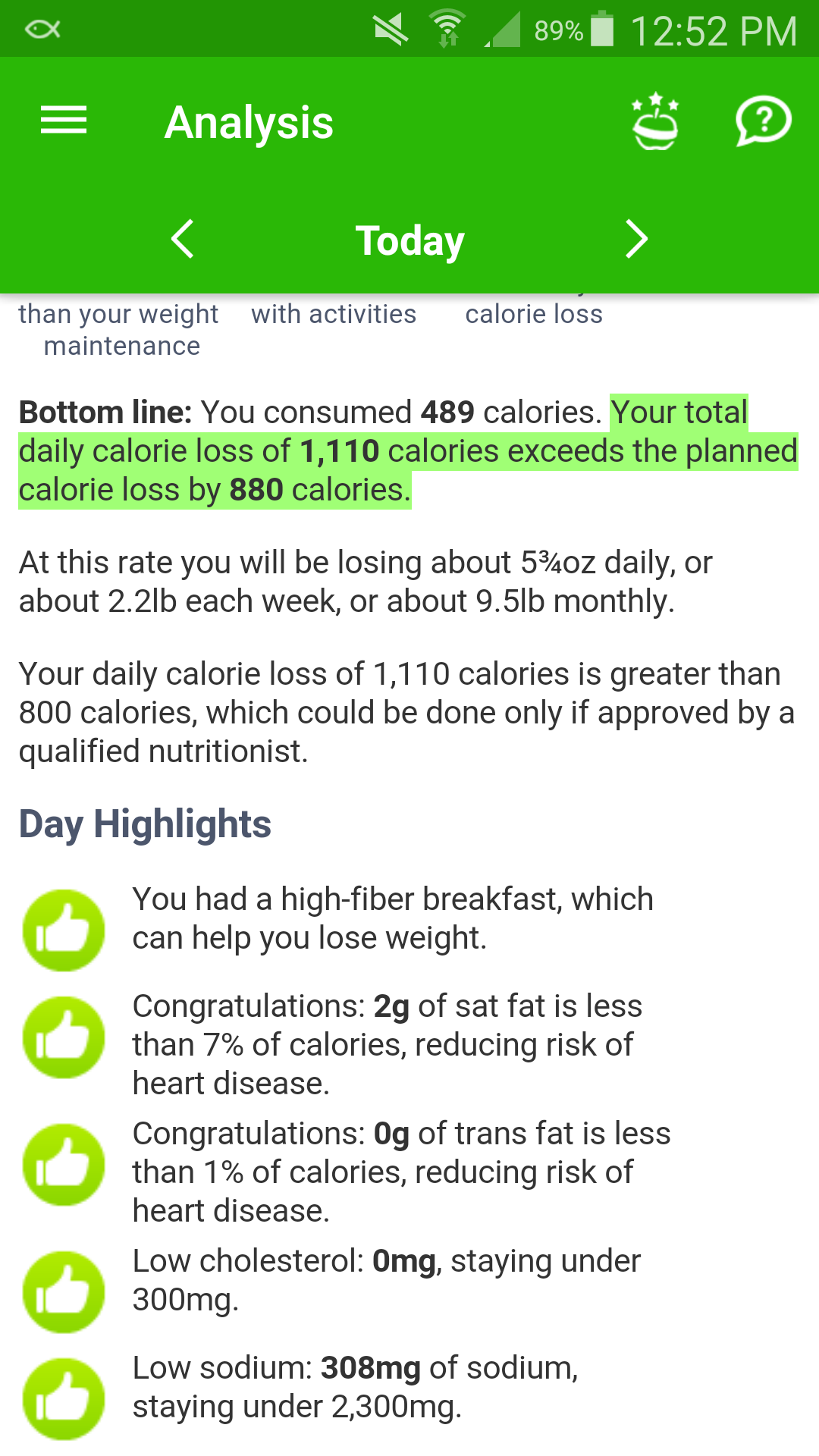







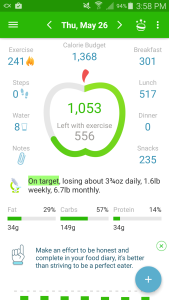


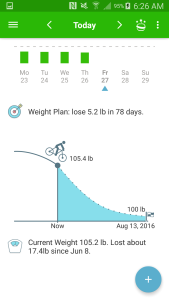


 Cancer Awareness is a thing of the past. The people who started this movement was just in for the money, how much you can donate to be aware of the vicious disease that is cancer. What we all need to know now is how to prevent it, to not be part of the million numbers who survived or got killed by it. How can we not be aware of cancer when what we’ve been reading now is people dying of it. It’s in the papers and all over the internet.
Cancer Awareness is a thing of the past. The people who started this movement was just in for the money, how much you can donate to be aware of the vicious disease that is cancer. What we all need to know now is how to prevent it, to not be part of the million numbers who survived or got killed by it. How can we not be aware of cancer when what we’ve been reading now is people dying of it. It’s in the papers and all over the internet. I have been doing it for months and I’m so used to it that I don’t get hungry anymore during my daily fasting hours. To lose weight, it’s just a matter of how much calories I would eat on the hours I allotted for eating which is breakfast and lunch. To maintain is eating the same amount of calories. To be successful with it, I have to eat what my immune system or my microbiome or gut community would love to eat so they could make my system work properly in absorbing the food I feed them. I’ve stayed with eating lots of raw organic veggies, some organic whole grain, organic and grass fed beef and wild caught fish and seafood. I’ve added a teaspoon of coconut oil to my morning smoothie blend which I have not done in the beginning of my weight loss journey last May of 2015. I’m eating it sparingly as it is a saturated fat, but a good feed for the brain. I’ve used good fats like avocado oil for cooking, and extra virgin oil for my salads. Flax seeds and hemp seeds are my favored seeds to blend with my smoothie and salads.
I have been doing it for months and I’m so used to it that I don’t get hungry anymore during my daily fasting hours. To lose weight, it’s just a matter of how much calories I would eat on the hours I allotted for eating which is breakfast and lunch. To maintain is eating the same amount of calories. To be successful with it, I have to eat what my immune system or my microbiome or gut community would love to eat so they could make my system work properly in absorbing the food I feed them. I’ve stayed with eating lots of raw organic veggies, some organic whole grain, organic and grass fed beef and wild caught fish and seafood. I’ve added a teaspoon of coconut oil to my morning smoothie blend which I have not done in the beginning of my weight loss journey last May of 2015. I’m eating it sparingly as it is a saturated fat, but a good feed for the brain. I’ve used good fats like avocado oil for cooking, and extra virgin oil for my salads. Flax seeds and hemp seeds are my favored seeds to blend with my smoothie and salads.


 And I am no longer a fan of Starbucks for years now. Talking about pesticides and toxins in their coffee!
And I am no longer a fan of Starbucks for years now. Talking about pesticides and toxins in their coffee!
